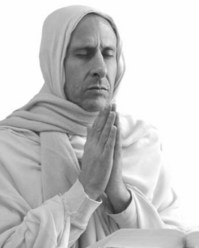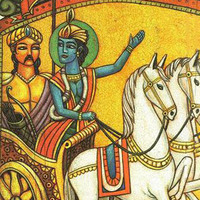“Black Friday” — the day after
Thanksgiving, which officially kicks-off the Christmas shopping season
— doesn’t always bring out the best in humanbeings. Adults start to behave like unruly children, shoving and fighting one another over that last flat screen TV or designer coat. At best its embarrassing; at worst, it can be deadly. Last year, a 34-year-old Walmart
employee was trampled to death after frenzied shoppers literally busted down the front doors of the store. But it didn’t end there. Police officers and EMTs who arrived to
perform CPR on the employee were stepped on and injured; even a
pregnant woman was trampled on.
What’s going on here? What is impelling this grotesque Darwinian push-or-be-pushed survival of the fittest at its ugliest?
The all-consuming quest for more and more stuff.
I’m as much of a shopper as the next guy
(probably more so, in fact). And I hardly lead the spartan lifestyle of
a cave-swelling monk; I have my fair share of possessions, and my own
struggles with being attached to them.
Still, Black Friday may be a good a time to sit back and to take stock of how much we’re possessed by our possessions.
Some Hindu wisdom to help put things in perspective:
“It’s
not where you live or how much you possess; rather, it is how you live
and how much you are being possessed by your possessions. You can have
many things as long as you don’t get possessed. The minute you allow
them to possess you, you are doomed. A boat’s duty is to stay in the
water and carry people from one shore to the other shore. To do its
job, the boat must be in the water, but the minute the water is in the
boat, you sink. A multimillionaire may have numerous possessions but
may not be attached to them, while a sadhu may be attached to his own water pot. It is not the thing in itself that binds us, it is our attachment to things.
God bless you. OM Shanti, Shanti, Shanti.”
– Sri Swami Satchidananda



